European legacy car makers will continue to see most of their profitability coming from ICE vehicles, with battery electric vehicles (BEV) representing only 15% of operating income by 2025, according to Bloomberg Intelligence’s (BI) latest Global Autos Industry Outlook.
Michael Dean, automotive equity research analyst at BI, said the high cost of electric batteries which constitutes 40% of a car’s cost is keeping BEV margins well below a comparable ICE model, pointing out that Volkswagen said it will reach BEV-ICE profitability breakeven in 2026-27 – its previous target was 2025 - while Renault aims to turn BEVs profitable in 2025 through its electric branch Ampere.
He added that in the transition to BEV, luxury brands may be better positioned to reach profitability breakeven with brands like Porsche, Audi, BMW and Mercedes relying on strong pricing power and brand reputation to keep BEV prices high and improve their margins, ahead of mass makers.
European legacy car makers will continue to see most of their profitability coming from ICE vehicles, with battery electric vehicles (BEV) representing only 15% of operating income by 2025, according to Bloomberg Intelligence’s (BI) latest Global Autos Industry Outlook.
Michael Dean, automotive equity research analyst at BI, said the high cost of electric batteries which constitutes 40% of a car’s cost is keeping BEV margins well below a comparable ICE model, pointing out that Volkswagen said it will reach BEV-ICE profitability breakeven in 2026-27 – its previous target was 2025 - while Renault aims to turn BEVs profitable in 2025 through its electric branch Ampere.
He added that in the transition to BEV, luxury brands may be better positioned to reach profitability breakeven with brands like Porsche, Audi, BMW and Mercedes relying on strong pricing power and brand reputation to keep BEV prices high and improve their margins, ahead of mass makers.
He said Tesla will soon face its first real competition with a wave of BEV launches from VW, Audi, Porsche, BMW and Mercedes, although its new EU capacity and competitive pricing should enable it to retain its BEV sales crown for at least another two years despite Volkswagen being hot on Tesla’s heels, assuming software delays are resolved.
In terms of possible corporate activity, Dean said that with strong order books defying the gloomy economic backdrop and record sales reported by Bentley, Lamborghini, Rolls-Royce and Porsche last year is an signal that further IPOs for wholly owned brands may certainly be on the cards.
“As we expected, luxury automakers were a safe haven in the first half, which should continue since Ferrari, Porsche and Lamborghini's order books and pricing remain strong,” said Dean. “Porsche's share-price outperformance since its late-September IPO and Ferrari shares trading at an all-time high could encourage a €20 billion Lamborghini IPO by VW, particularly as its EBIT margin has overtaken Ferrari's.”
“Ferrari and Aston Martin are likely to follow suit when they report full-year numbers in February. Both will have important new models in 2023, likely driving another record year of sales and profitability. This is well-timed, as luxury brands begin the electric-vehicle transition which will consume their strong free-cash generation.”
Login to continue reading
Or register with AM-online to keep up to date with the latest UK automotive retail industry news and insight.

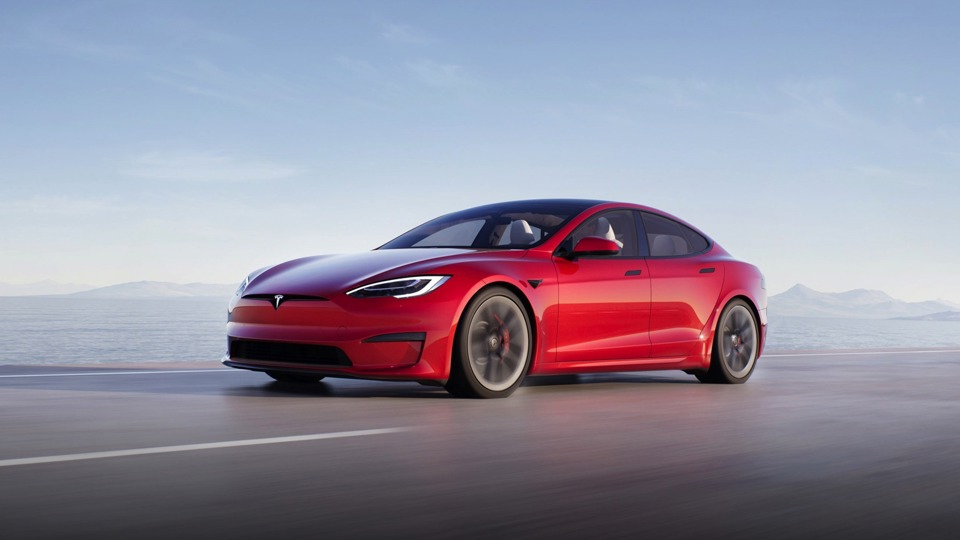


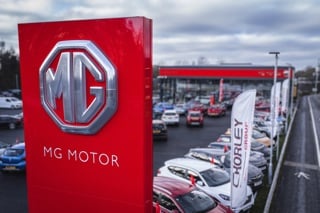
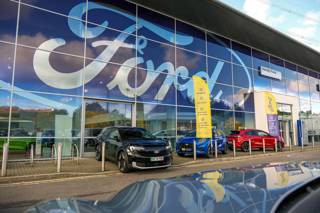
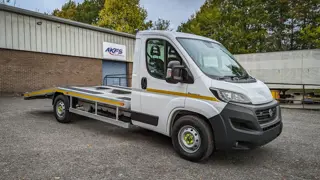





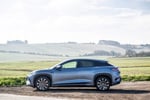









Login to comment
Comments
No comments have been made yet.